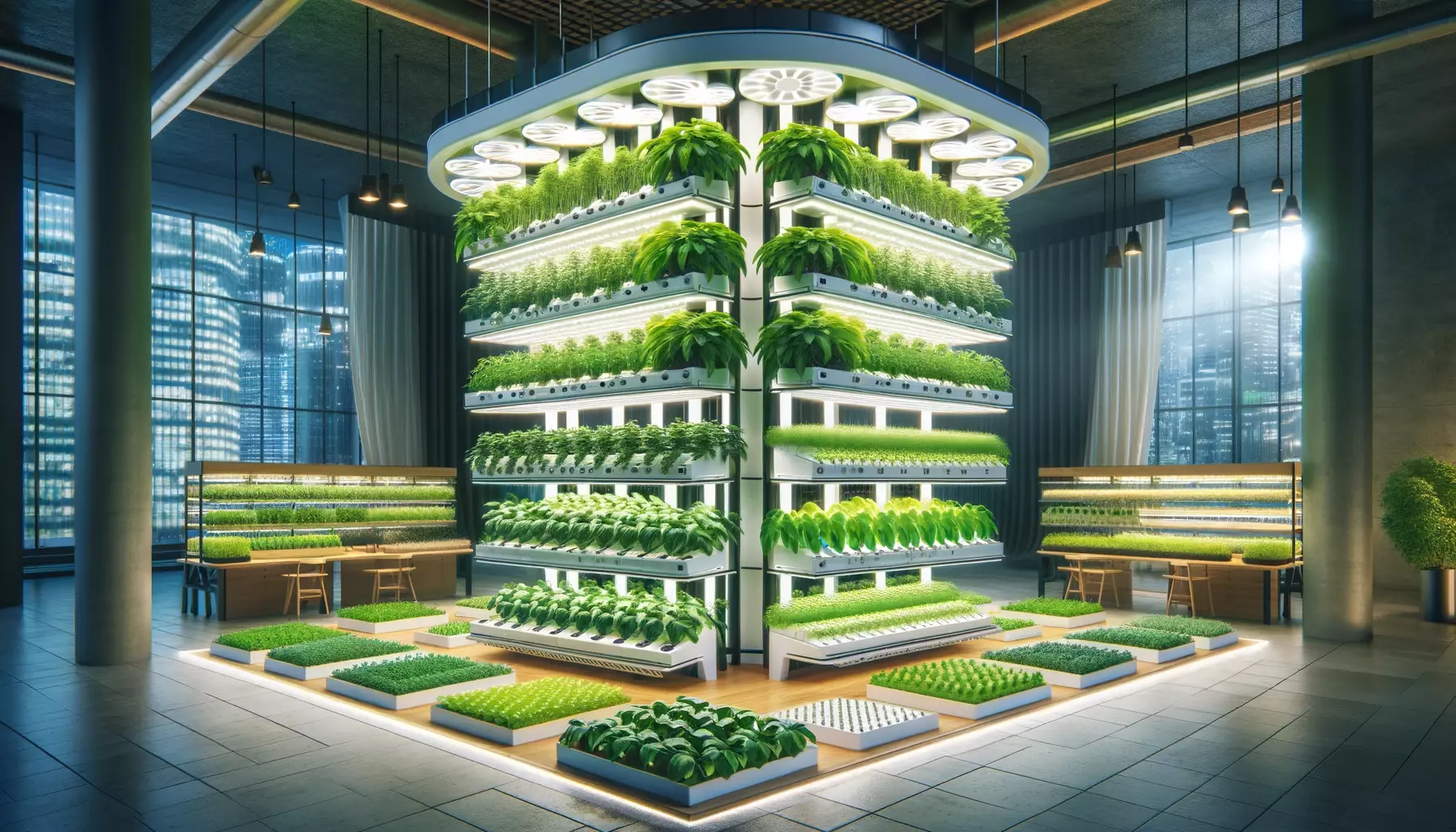The Ongoing Debate: Is Vertical Farming Truly Organic?
The question of whether vertical farming can be classified as organic sparks much curiosity among those in the agricultural sector. At Vertiseed Farms, efforts are continually made to redefine the boundaries of organic farming within the realm of vertical agriculture.
The Vertiseed Farms team explains on their website, “We are embarking on an explorative journey to understand the nuances of organic certification in vertical farming, and we’re committed to adhering to sustainable and organic growing methods.”
Embracing Organic Methods in Vertical Farming
The rising popularity of organic agriculture is largely due to its emphasis on producing high-quality crops while reducing environmental impact. At Vertiseed Farms, the importance of organic farming practices is recognized for their role in influencing consumer preferences and decreasing carbon emissions.
In vertical farming, traditional soil is substituted with innovative systems like hydroponics, aeroponics, or aquaponics. This soilless approach negates the need for detrimental synthetic chemicals, as all environmental factors are regulated indoors. Consequently, crops are grown without pesticides, herbicides, or fungicides, effectively preventing soil and water pollution.
Sustainable Practices and Their Environmental Influence
Sustainability is a core principle at Vertiseed Farms. The farm employs methods that include the collection and reuse of rainwater and water from biological processes, significantly cutting down on water use. Additionally, the integration of natural sunlight and LED lighting powered by renewable energy contributes to a smaller carbon footprint.
Understanding ‘Certified Organic’ and ‘Organically Grown’
The term ‘certified organic’ refers to products that meet specific governmental standards and bear an official seal. The criteria for obtaining this certification, however, differ globally. In some areas, vertical farms are eligible for organic certification, while others disqualify them due to the lack of soil use.
Products labeled as ‘organically grown’ adhere to organic farming techniques but might not be officially certified. These products typically use natural fertilizers and organic seeds, along with sustainable soil management practices like crop rotation. In these cases, consumers rely on the integrity of farmers and brands for the absence of harmful synthetic chemicals.
Diverse Organic Certification Standards Across Regions
Organic certification standards vary from one region to another. In the U.S., vertical farms can achieve organic certification by following stringent guidelines, including the use of organic seeds and the avoidance of certain substances. The European Union, on the other hand, currently does not offer organic certification to vertical farms, focusing instead on soil-based agriculture. Singapore is an exception in Asia, permitting organic certification for its local vertical farms.
Vertiseed Farms maintains, “Regardless of the status of our official certification, our dedication to organic practices is unwavering. We focus on sustainable methods, the elimination of synthetic chemicals, and efficient resource use, which are in line with the fundamental principles of organic agriculture. Our commitment to using organic seeds, responsible water management, and renewable energy enables us to produce crops of organic quality while minimizing our environmental footprint.”
Conclusion: Vertiseed Farms’ Dedication to Organic Vertical Farming
Despite varying regulations on organic certification in vertical farming, Vertiseed Farms remains steadfast in its dedication to sustainable and organic growing practices. The team states, “Our commitment to excluding harmful synthetic chemicals, optimizing resource use, and fostering environmental responsibility ensures that our crops are not only of superior quality but also align with nature’s harmony.”
